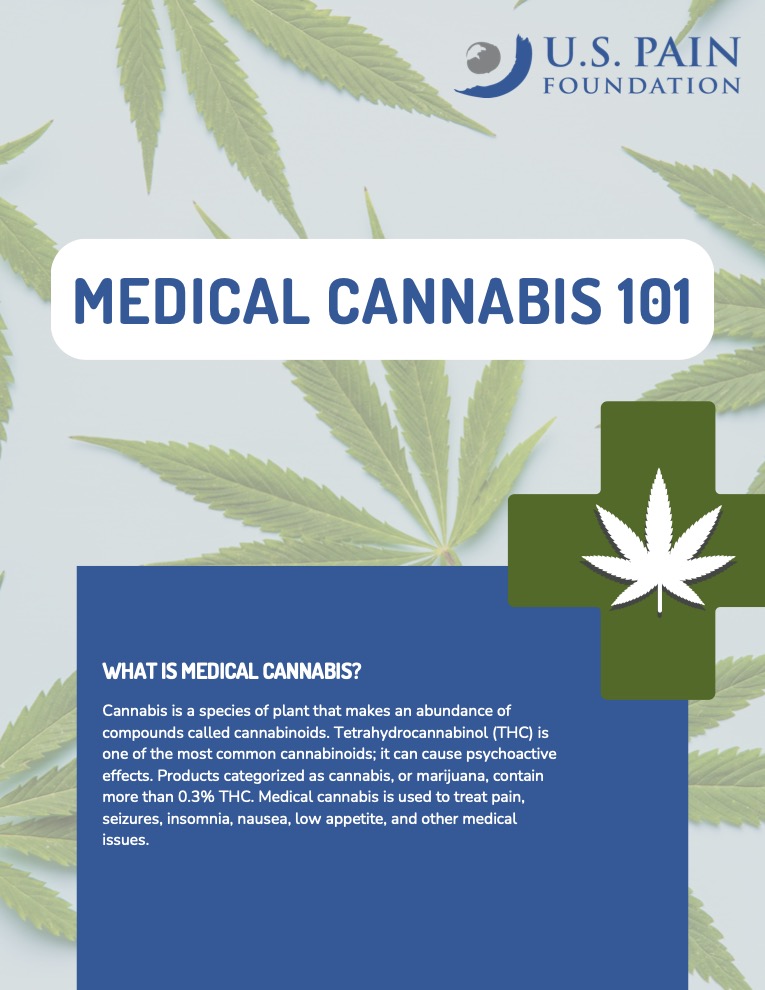How to Officially Qualify for Kentucky Medical Marijuana
How to Officially Qualify for Kentucky Medical Marijuana
Blog Article
Comprehending the Lawful Landscape Surrounding Medical Cannabis Worldwide
You're most likely aware that perspectives towards medical cannabis are moving around the world, yet the legal frameworks can be confusing. What drives these disparities, and just how do they effect access for people looking for relief?
Historical Context of Medical Marijuana Regulation
As you check out the historic context of medical cannabis regulations, you'll find that its roots extend back thousands of years. Ancient cultures, from the Chinese to the Greeks, recognized marijuana for its medicinal residential properties.
Fast onward to the 19th century, when Western medicine began to accept cannabis more commonly. Physicians prescribed it for every little thing from migraines to labor pains. However, the early 20th century saw a change, as social understandings altered, resulting in stricter policies and stigmatization.
Comprehending this abundant history aids you value the complexities of contemporary clinical cannabis regulations. It's a journey through time that exposes the progressing connection in between society and this effective plant.
Current Lawful Standing by Area

The United States And copyright Review
Guiding via the landscape of medical marijuana laws in North America reveals a patchwork of guidelines that differ substantially by region. In the United States, some states have completely embraced clinical cannabis, allowing people gain access to through dispensaries, while others maintain stringent restrictions. Navigating through these varied laws can be difficult, as each territory has its own requirements for obtaining clinical marijuana, consisting of certifying conditions and application procedures.
Europe's Diverse Laws
Guiding through the legal landscape of medical marijuana in Europe can be intricate, given the significant variants in policies across various nations. In some nations, like Germany and Italy, medical marijuana is legal and accessible with a prescription. Others, such as France, have much more restrictive plans, enabling only limited gain access to with specific tests. The UK has actually additionally made strides, permitting specific cannabis-based medicines, however the procedure stays troublesome. Countries like the Netherlands welcome a much more liberal method, though official guidelines still delay behind. As you discover these varied regulations, it is essential to remain informed, as legislations can change rapidly and differ considerably from one country to one more. Comprehending these subtleties can aid you navigate the progressing landscape efficiently.
Asia-Pacific Legal Trends
The Asia-Pacific region showcases a quickly evolving landscape for clinical marijuana legislations, reflecting a mix of dynamic and conventional approaches. Nations like Australia and New Zealand have actually accepted legalization, supplying controlled access to medical marijuana. In Australia, patients can acquire prescriptions, while New Zealand just recently passed a mandate to allow clinical use.
On the various other hand, countries like Japan and South Korea maintain more stringent policies, enabling just minimal accessibility to cannabis-derived items. Regardless of these limitations, popular opinion is changing, with enhancing require reform.
As you browse this facility landscape, stay notified regarding neighborhood legislations, as they can differ substantially from one country to an additional, influencing patient gain access to and sector growth in the region.
Key Nations Leading the Means in Clinical Marijuana
As you discover the landscape of medical cannabis, you'll locate several countries establishing outstanding legalization milestones. These nations not just establish regulative structures that assure secure gain access to but also lead the way in medical study innovations. Understanding their approaches will certainly provide you valuable insights into the future of marijuana usage in medical care.
Legalization Milestones Accomplished
While numerous countries grapple with the intricacies of cannabis regulation, several have made considerable strides in legislating clinical marijuana, setting important precedents. copyright came to be a pioneer in 2001, enabling individuals accessibility to clinical cannabis, paving the method for various other countries. In the United States, different states have legislated clinical marijuana, developing a jumble of laws that influence public assumption and policy.
Regulatory Frameworks Explained
Understanding the regulative frameworks regulating clinical cannabis is vital for understanding how various nations approach its use. In position like copyright, you'll locate a comprehensive system that consists of licensing for producers, stringent quality assurance, and standards for health care experts. The USA provides a patchwork of laws, with states like The golden state and Colorado leading in progressive plans, yet government regulations still produce difficulties. At the same time, nations like Germany and Australia have actually carried out structured programs that regulate client access and growing. Each nation has its very own set of guidelines, which can impact everything from recommending techniques to product schedule. By familiarizing yourself with these structures, you can better comprehend the international landscape of medical marijuana.
Medical Research Innovations
Countries around the globe are making substantial strides in clinical marijuana research, leading to a much better understanding of its therapeutic possibility. In the United States, organizations like the National Institutes of Wellness (NIH) are funding research studies on marijuana's results on persistent pain and epilepsy. As cannabis dispensary wendover nv these countries press forward, you'll witness an advancement in clinical practices and a more clear photo of exactly how marijuana can improve patient results internationally.
Obstacles and difficulties to Access
Accessing medical cannabis can be laden with obstacles that originate from varying state regulations and guidelines. You might discover that in some states, the process to get a medical marijuana card is prolonged and challenging, needing extensive documents or consultations with authorized doctor. In addition, also if you qualify, the variety of dispensaries can be limited, making it tough to locate a close-by source.
Insurance coverage for clinical cannabis is usually lacking, forcing you to pay out-of-pocket. Steering through this facility landscape can really feel overwhelming, but recognizing these challenges is crucial for any individual considering medical marijuana as a healing choice.
Impact of Clinical Marijuana on Health And Wellness Outcomes
While many individuals continue to be hesitant regarding cannabis, research study progressively shows its potential benefits for different health and wellness conditions. You could be amazed to learn that medical marijuana can help relieve chronic discomfort, decrease inflammation, and manage signs of stress and anxiety and depression (Kentucky Medical Cannabis Doctor). For clients fighting conditions like epilepsy or multiple sclerosis, cannabis has demonstrated significant restorative effects, offering relief when standard therapies drop short
Moreover, studies indicate that some components of marijuana, such as CBD, can boost general top quality of life for people undergoing therapies like chemotherapy. It's essential to think about that private feedbacks to marijuana can differ commonly, so what works for a single person may not work for another. As you explore the prospective effect of clinical marijuana on health and wellness results, speak with and maintain an open mind with health care professionals to tailor a treatment strategy that matches your distinct demands and conditions.
The Duty of Healthcare Providers in Patient Access
As you browse the complexities of medical marijuana legislations, it is necessary to acknowledge the essential duty doctor play in person gain access to. These experts serve as important guides, aiding clients understand their alternatives and navigate legal demands. They can evaluate whether medical marijuana is ideal for your problem and give documents required for lawful accessibility.
Moreover, doctor often inform clients regarding the potential advantages and dangers of marijuana use, ensuring informed choices. They can advise ideal pressures, does, and techniques of consumption tailored to specific requirements. Their assistance is essential, particularly in areas where legislations differ substantially.

Future Fads and Predictions for Clinical Marijuana Laws
Doctor will remain to form the landscape of clinical marijuana laws as they promote for client needs and involve with policymakers. You can expect an expanding trend towards even more inclusive legislation that acknowledges the restorative benefits of cannabis. As research expands, more countries will likely adopt guidelines that help with accessibility for patients enduring from numerous conditions.
Public viewpoint is moving, also, with raising approval leading the way for reform - Kentucky Medical Cannabis Doctor. You could see an increase in clinical cannabis programs tailored to details demographics, such as professionals and seniors
Furthermore, as health care systems integrate cannabis into treatment protocols, go to these guys insurance providers might start covering cannabis-related expenses, further legitimizing its usage.
Ultimately, international cooperations can emerge, leading to standardized guidelines and quality assurance measures. Generally, the future of medical marijuana regulations appears encouraging and vibrant, driven by proof, campaigning for, and patient-centered care.
Frequently Asked Concerns
Just How Do International Treaties Affect Medical Marijuana Regulations?
International treaties can form your nation's medical marijuana laws by setting constraints or guidelines. When nations comply with these agreements, it usually affects neighborhood regulations, making it essential for you to stay notified on changes.
What Are the Lawful Age Demands for Medical Marijuana Use?
The adultness for medical marijuana use differs by jurisdiction. In many locations, you should be at the very least 18, however some allow minors with parental permission. Constantly examine regional regulations prior to waging medical cannabis.
Can Employers Fire Employees for Medical Marijuana Use?
Yes, employers can terminate you for clinical marijuana use, relying on state regulations and firm plans. If your task calls for medicine testing or if marijuana affects your performance, they might take action. Always inspect your workplace rules.
Are There Constraints on Medical Marijuana Advertising And Marketing?
Yes, there are limitations on clinical cannabis marketing. You'll find regulations vary by jurisdiction, frequently banning deceptive cases and calling for particular health cautions. It's like this vital to inspect regional legislations to guarantee compliance prior to advertising.
How Do Medical Cannabis Laws Differ for Veterans?
Medical marijuana laws for veterans typically include special provisions, permitting easier access or benefits. Some states prioritize proficient requirements, while others might limit use. It's vital to examine your local guidelines for specifics.
While numerous nations grapple with the complexities of cannabis law, a number of have actually made considerable strides in legislating medical marijuana, setting crucial criteria. In the United States, numerous states have actually legislated medical marijuana, creating a patchwork of legislations that influence public understanding and plan.Accessing clinical marijuana can be fraught with challenges that stem from differing state regulations and policies.As you navigate the complexities of medical marijuana regulations, it is necessary to recognize the critical duty health care providers play in person access.Medical care suppliers will certainly proceed to shape the landscape of medical cannabis laws as they advocate for patient demands and involve with policymakers.
Report this page